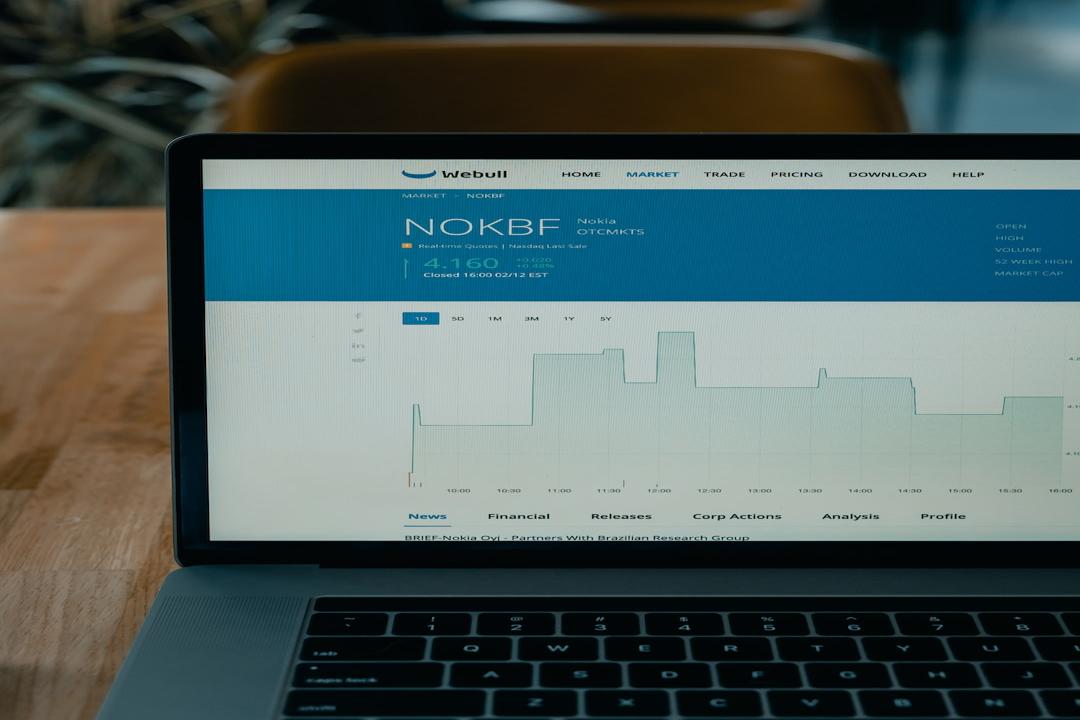Interoperability is crucial for the continued development of Web3, as the blockchain space expands into a diverse ecosystem of networks and protocols. Ankr, a Web3 infrastructure company, offers a comprehensive solution for developers to build the future of the internet on blockchain. With its globally distributed node infrastructure, Ankr provides tools for developing multichain decentralized applications (DApps), blockchain engineering services, crypto staking solutions, and a suite of developer products that streamline the creation and operation of Web3 applications.
In a recent interview, Ankr co-founder and CTO Stanley Wu discussed the importance of a decentralized web and how decentralized physical infrastructures (DePINs) will shape its future. Wu emphasized that Web3 is vital because it enables the support of promising technologies without repeating the mistakes of centralization and data abuse from the past. Web3’s ability to democratize, decentralize, and facilitate open-source AI models can accelerate innovation and provide a safer environment for building.
Wu highlighted the impact of Web3 in financial markets, where it has paved the way for tokenized assets, giving individuals greater control and creating a more efficient and transparent system. In the Internet of Things (IoT), Web3 enables secure data exchange and micropayments between devices, providers, and users, fostering a more efficient interconnected ecosystem. Wu also emphasized that blockchain will become a cornerstone of truth and verifiable information, addressing the need for trust in various industries.
Regarding the evolution of blockchain and Web3, Wu noted that Ankr has always focused on fostering interoperability in the space. He highlighted the recent collaboration with Babylon, which allows proof-of-stake networks to tap into the security of Bitcoin’s $1 trillion market cap while providing Bitcoin holders an opportunity to stake and earn yield. Wu explained that this collaboration demonstrates the importance of collaboration and the ability to share security among blockchains.
Wu then discussed the concept of decentralized physical infrastructure networks (DePINs), which utilize blockchain technology and crypto incentives to bring real-world resources together. Ankr’s DePIN network, for example, rewards hardware providers with tokens specific to that network while allowing developers to make payments with these tokens. Wu highlighted the potential of DePIN networks in creating new digital economies that decentralize services.
In terms of trends in the DePIN vertical, Wu mentioned various projects involving decentralized networks of servers, cameras, and other physical hardware. He also pointed out Ankr’s interest in supporting AI models with DePIN networks.
When asked about Ankr’s role in the evolution of Web3, Wu explained that Ankr has been one of the pioneers in exploring DePIN by building a decentralized network of blockchain nodes to power transactions and data requests. Ankr’s infrastructure aims to provide developers with the tools and resources they need to build the next generation of use cases.
Wu highlighted the differences between Ankr’s approach to DePIN and traditional cloud infrastructure services. Ankr leverages DePINs to connect users directly with providers operating both cloud-based and bare-metal servers, offering more control, profit sharing, and lower costs. Ankr’s DePIN approach also promotes transparency through blockchain technology, providing a public record of all transactions and requests.
Wu also discussed the intersection of blockchain, Web3, and AI, noting that the convergence of these technologies will be a significant moment for both. Blockchain solves the issue of trusted data for training AI models and verifying information, while AI brings scalability, security, speed, and interoperability to Web3.
Wu introduced Neura, a platform developed by Ankr that combines cloud computing, AI, and Web3 tech for AI deployment on the blockchain. Neura addresses scalability, economic viability, and interoperability challenges, making it a solution for AI and blockchain integration. Neura’s integration with off-chain storage solutions ensures data security while preventing the blockchain from being overloaded with AI model data. Wu mentioned that Neura leverages Bitcoin’s security mechanisms through integration with the Babylon BTC staking protocol.
Regarding the utilization of Neura by startups and developers, Wu highlighted its role as a foundational infrastructure for AI startups. Neura provides access to decentralized GPU resources, crypto-based crowdfunding, and on-chain AI operations, addressing significant challenges faced by AI startups.
Finally, Wu shared his vision for the future of Web3, emphasizing the importance of freedom, tools, and infrastructure to unlock blockchain’s full potential. He believes that as long as the ethos of decentralization is upheld and efforts like Ankr’s DePIN node network continue, the true potential of blockchain will be realized.
Overall, Ankr plays a crucial role in the evolution of Web3, particularly in the field of decentralized physical infrastructure networks. Through its innovative solutions and focus on interoperability, Ankr is empowering developers and startups to build the future of the internet on blockchain.

